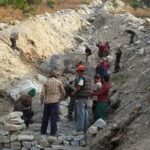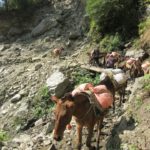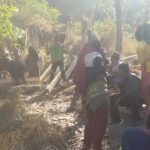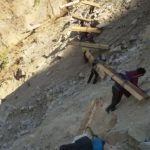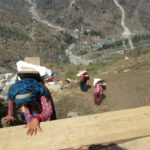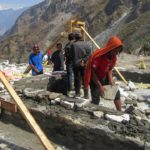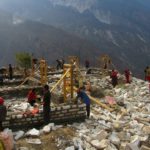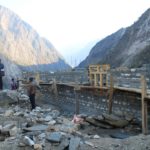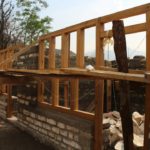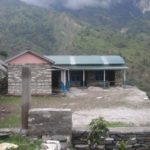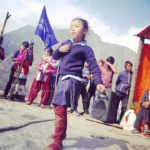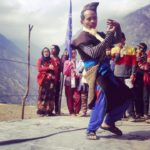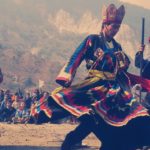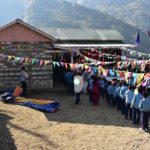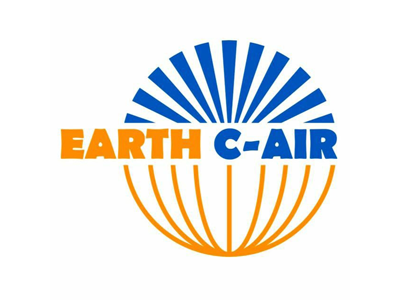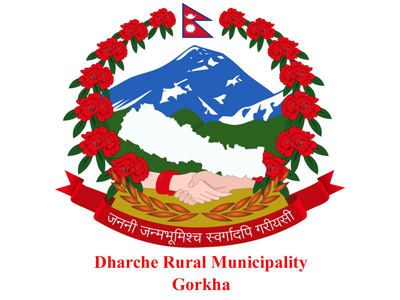Keraujabesi, Gorkha
SHREE SHIVA BASIC SCHOOL
Reconstruction of the school

Place
Keraujabesi,
Ward-2,
Dharche Rural Municipality,
District Gorkha

Who
Implementation: Chay Ya Nepal,
Voluntary work contribution by the local community

Partners
Earth C-Air Switzerland

When
2015 - 2016

For
55 students

Status
Completed and in operation
Project
Shree Shiva Basic School is located in the village of Keraujabesi at an altitude of 2,074m, a two-day walk from Arughat. The majority of the villagers belong to the Gurung and Gale ethnic groups.
Due to the earthquake in 2015, all five school rooms were completely destroyed, but some of the material could be reused for the reconstruction. Additionally, one toilet each for boys and girls was built as well as a solar-powered shower to improve hygiene.
In February 2016, the foundation stone for the new school was laid in a ceremony accompanied by singing and dancing. Together with Kamal Thapa und Swornim Silwal (Chay Ya Nepal) the entire village took part in the celebration to show its gratitude. Bright children’s faces accompanied a day full of festivities. Weeks before, the local men and women had already started the hard work. They had cleared the rubble, hauled and shaped stones, and felled trees to turn them into beams and boards.
Thus, in just a few months, a beautiful building emerged, which will now be used as a model school for the whole district. The entire village was incredibly motivated to help with the construction. By the way, the plans were drawn by the great architect Andreas Catanese in cooperation with our Nepalese engineer – using local materials in an innovative, safe, friendly and bright way!
Since August 2016, more than 50 kids from Keraujabesi and its surrounding villages have been able to go back to school – on new benches, with more light and in a safe and clean building. Isn’t that great? 🙂
Sustainability Claimer
Due to the special focus on sustainability, the teachers’ salaries as well as the teaching material at the schools we support are normally paid by the government.
Under special circumstances, such as in very remote schools or in the case of marginalised ethnic groups, these costs are covered by Chay Ya for one year.

